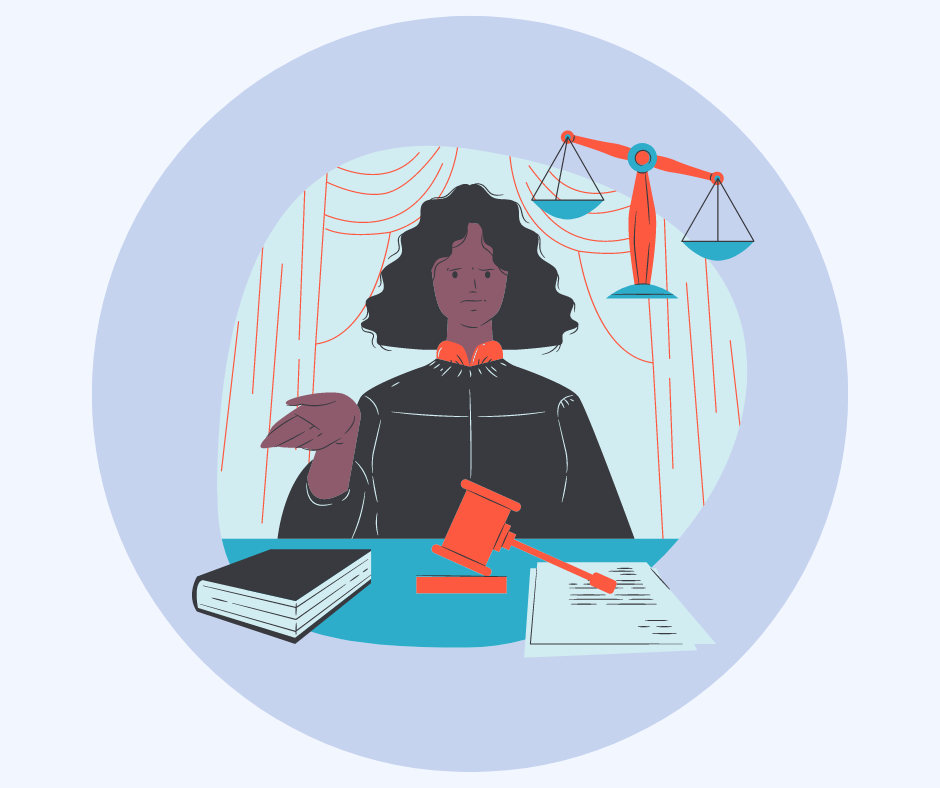The Scottish Government is planning to bring a new Human Rights Bill to the Scottish Parliament. This will mean that the law will protect more of our human rights. The government has opened a public consultation so that people in Scotland can help shape the new laws. Independent Advocacy is important in ensuring our rights are upheld.
The Scottish Government says: “We all have human rights. We should be able to access our rights in daily life. If our human rights are not respected, we should be able to do something about this by making a complaint, alerting an appropriate body, or taking legal action if appropriate.”
Scots law already protects some internationally recognised human rights. However, it does not protect all of them. For example, Scots law does not yet set out the rights to health or to an adequate standard of living. The proposed bill will see these incorporated into Scots law. It will make it possible for people in Scotland to access justice in Scotland if these rights are not upheld.
Independent Advocacy and human rights

Independent Advocacy is important in making sure that the law upholds human rights. Here are a few examples of how Independent Advocacy can protect human rights through the work that we do:
- the right to health – providing Independent Advocacy to a person who uses drugs or alcohol, supporting them to connect with health services;
- the right to health – LGBTQIA+ collective advocacy advising mental health services on how to be more inclusive;
- the right to education – providing Independent Advocacy to a young person who is experiencing the Children’s Hearings system because of low school attendance to ensure their voice is heard;
- the right to housing – supporting someone with mental health issues who is at risk of homelessness to navigate the housing system and ensure their voice is heard.
The Human Rights Bill consultation mentions advocacy. It asks the question: “What are your views on the most effective ways of supporting advocacy and/or advice services to help rights-holders realise their rights under the Bill?”
Although the question asks about advocacy we believe that emphasising Independent Advocacy is most important. Only “Independent Advocacy” can be truly on the side of the person receiving it. This is because “Independent Advocacy” organisations have no agenda of their own. They do not provide any other services and are financially, structurally and psychologically independent from other services.
It’s important that people involved in collective advocacy get to respond to the Human Rights Bill consultation. CAPS will be responding and will invite people to meet with us to share their thoughts and views and contribute to a collective response. A date will be set in the next month or so, and if you’d like to be notified of the date directly please contact catherine@capsadvocacy.org.
You can also respond to the consultation as an individual, you don’t need to be linked to an organisation.